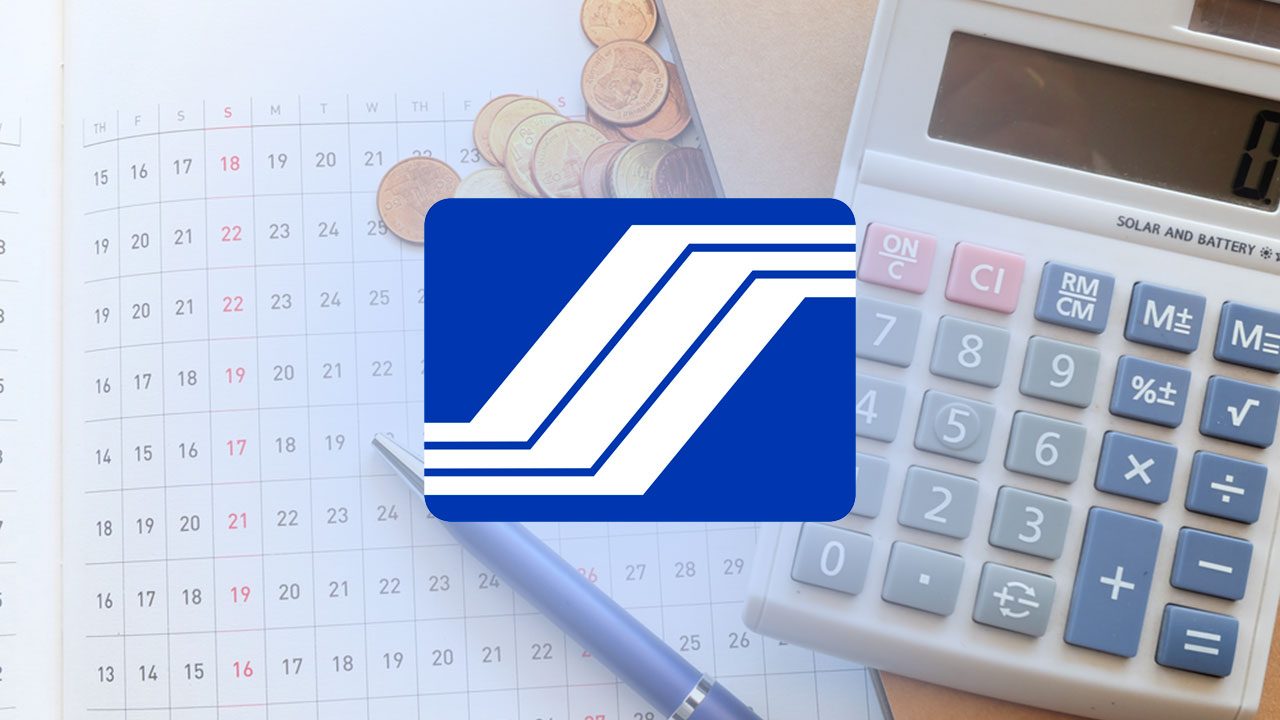SUMMARY
This is AI generated summarization, which may have errors. For context, always refer to the full article.

MANILA, Philippines – The Social Security System (SSS) started implementing on January 2023 a higher members’ contribution rate of 14%, up from 13% the previous year.
This rise in both employers’ and employees’ shares of the contribution rate is part of a series of increases touched off by the enactment of Republic Act 11199, or the Social Security Act of 2019, which was signed into law by former president Rodrigo Duterte.
Under the new rate, the share of employers will be hiked by one percentage point, making their monthly contribution now at 9.5%. Meanwhile, the employee’s share of contribution of those earning P25,000 or less monthly will remain at 4.5%.
Under RA 11199, the contribution rate is scheduled to increase every two years from 2019 to 2025 as follows.
| Year | Contribution Rate | Employer’s Share | Employee’s Share |
| 2019 | 12% | 8% | 4% |
| 2020 | 12% | 8% | 4% |
| 2021 | 13% | 8.5% | 4.5% |
| 2022 | 13% | 8.5% | 4.5% |
| 2023 | 14% | 9.5% | 4.5% |
| 2024 | 14% | 9.5% | 4.5% |
| 2025 | 15% | 10% | 5% |
The next rate increase, slated to take effect in January 2025, will raise members’ contribution to 15%.
According to SSS President and Chief Executive Officer Rolando Ledesma Macasaet, raising the contribution rate periodically is necessary to preserve the financial viability of the state pension fund.
“The contribution hike will benefit the workers with the SSS being able to provide a financially viable social protection system to Filipino workers and their families,” Macasaet said.
He also emphasized that the increase will be borne by employers, not workers.
“It will not be a burden on workers, but will be shouldered by employers. Workers earning less than P25,000 per month, who comprise 78% of SSS-paying employee members, will not be affected,” he added.
Employers may also deduct their share of the monthly contribution from their taxable income, which Macaset hopes will act as a form of tax relief for employers.
Meanwhile, employer groups – including the Philippine Chamber of Commerce and Industry (PCCI), the Employers Confederation of the Philippines (ECOP), and the Philippine Exporters Confederation Inc. (PECI) – have asked SSS to suspend the increase to the monthly contributions.
The state pension fund, however, has denied these requests, stating that postponements would endanger the actuarial life of the fund.
“The contribution hike will not be paid by the lowly worker but by financially-stable employers who can afford such adjustments. I am appealing to the PCCI, the ECOP, and the PECI, who we consider our valuable partners in our mission to provide social protection to our workers, to treat the contribution hike not as another operational expense but as a noble investment to ensure the viability of the workers’ pension fund,” Macasaet said.
SSS previously said that the gradual contribution rate increases since 2019 have extended the fund’s life by 22 years. – Rappler.com
Add a comment
How does this make you feel?
![[OPINION] Unpaid care work by women is a public concern](https://www.rappler.com/tachyon/2024/07/20240725-unpaid-care-work-public-concern.jpg?resize=257%2C257&crop_strategy=attention)




There are no comments yet. Add your comment to start the conversation.